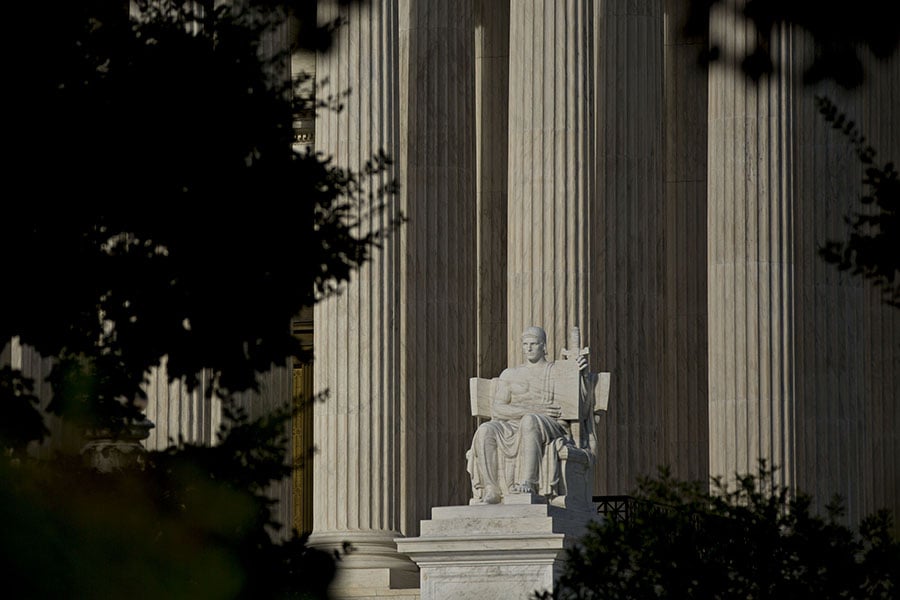The Supreme Court has agreed to hear a case alleging employer Intel Corp. lost its employees substantial retirement savings by investing a large portion of 401(k) plan assets in risky and high-cost hedge-fund and private-equity investments.
Intel's investment policy committee managed asset-allocation funds — a suite of target-date funds and a diversified fund — in two of its retirement plans. Both funds had allocations to alternative investments, which were increased in the wake of the 2008 financial crisis.
The central issue of the case,
Intel Corp. Investment Policy Committee et al. v. Christopher M. Sulyma, concerns a timing issue under current retirement law. 401(k) participants are allowed to sue plan sponsors within three years of having "actual knowledge" of a fiduciary violation.
Mr. Sulyma, who worked at Intel from 2010 to 2012, had access to electronic documents describing the investments more than three years before he sued. But he says he doesn't recall reading those documents and didn't learn about Intel's hedge-fund and private-equity investments until they became the subject of news reports in 2015, the year he sued in federal court in California.
(More: Cross-selling poised to be next 401(k) 'battleground' issue)
The question before the Supreme Court is whether disclosure to plan participants starts the three-year clock or whether the timer starts only when a plaintiff reads the disclosure. The outcome, attorneys said, could have big implications for 401(k) plan sponsors, especially around the issue of communications with plan participants.
"It puts employers in a pretty difficult spot," said Charles G. Humphrey, owner of an eponymous law firm and a former attorney at the Department of Labor. "How do you prove a participant read something or disprove their claim that they didn't read it?"
(More: 401(k) lawsuit over Vanguard fees ends with $23.7 million settlement)
The U.S. Court of Appeals for the Ninth Circuit found in favor of Mr. Sulyma. Mr. Sulyma, the three-judge panel said, can't have had actual knowledge of the breach if he never looked at the documents Intel provided, because he "cannot have been aware that imprudent investments were made and that other Intel fiduciaries were failing to monitor or remedy that imprudence."
A different federal appeals court reached the opposite conclusion in 2010, saying employees don't get more time just because they failed to read documents that were available to them.
The case highlights the role of the 401(k) adviser relative to helping plan sponsors with participant communications, said Duane Thompson, senior policy analyst at fi360 Inc.
"The adviser may be involved in more actively promoting investment education seminars for workers, and making sure they're aware, especially if there are any investments that may be deemed more risky than conventional investment options like a total market index fund," Mr. Thompson said.
The Supreme Court on June 3 also
agreed to hear a separate 401(k) lawsuit involving company stock held in IBM's retirement plan.
Bloomberg contributed reporting to this article.







